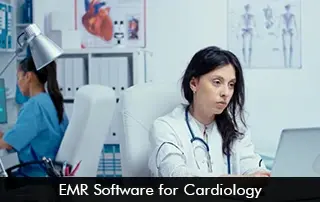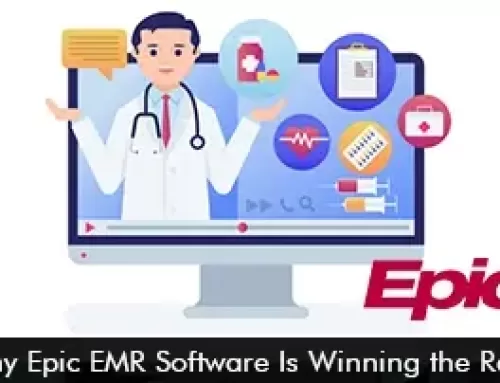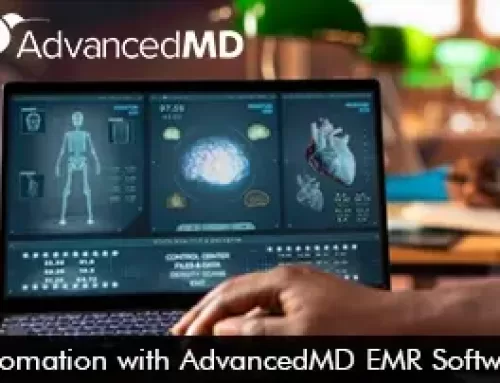Cardiology practices in the United States have implemented EMR Software to streamline workflows, boost financial performance, and enhance patient care. Cardiologists are trained to offer heart and vascular care to patients suffering from heart diseases—unfortunately and alarmingly, in the US someone has a heart attack every 40 seconds according to the CDC. So using EHR Software technology to empower cardiologists have become even more crucial as it can offer faster and safer care to patients.
What is a Cardiology EMR Software?
A Cardiology Electronic Health Records Software (EHR) Software is designed to meet the unique requirements of a cardiology practice. It offers features and tools that are cardiology-specific, with templates and terminology.
Healthcare providers who have implemented Cardiology EMR Software have realized the following benefits from the innovative and robust software system:
- Enhanced productivity levels
- Reduction in healthcare costs
- Streamlined clinical documentation
- It gives clinicians more time to focus on patient care
Essential EHR Software Features Specific to Cardiology Practices
The following are cardiology-specific functionalities that are present in cardiology EMR Software to assist cardiologists in improving patient care, simplifying tedious tasks, and clinically empowering them:
- The Electronic Medical Records (EMR) Software seamlessly integrates with cardiological medical devices.
- In-built cardiology-specific templates for documentation and charting.
- ECG image storage.
- E-prescribing tools precisely for cardiology medicine.
- Simplified referral functionality.
Benefits of using EMR Software Systems in a Cardiology Practice
The implementation of Electronic Medical Records (EMR) Software in cardiology offices and practices yields several advantages that substantially improve patient care quality and efficiency. By digitizing patient records and providing rapid access to thorough medical histories, test findings, and treatment plans, EHR Systems simplify the documentation process. Cardiologists can make more educated decisions thanks to this accessibility, which improves patient outcomes.
Moreover, EMR Software fosters provider collaboration by facilitating the easy exchange of patient data, which lowers the risk of mistakes and unnecessary testing. Automation of administrative duties, such as billing and appointment scheduling, improves operational effectiveness and lightens the workload for staff members. This frees them up to concentrate more on patient care and hence improve patient satisfaction scores.
Top 5 Cardiology EMR Software in 2025
Choosing the best EHR Software for your cardiology practice can be a daunting task. But to make your life easier the software experts at EMRSystems have curated a list of the top cardiology electronic medical records software vendors. The list is based on unbiased user reviews, features, and customer support.
- PrognoCIS EMR Software
- eClinicalWorks EMR Software
- NextGen EHR Software
- athenahealth EMR Software
- AdvancedMD EMR Software
The following EHR Software vendors can partner up with cardiology practices to modernize their record-keeping and create a more integrated and patient-centered approach to cardiovascular health. Large cardiology hospitals or multi-specialty groups can tap AdvancedMD EHR Software, whereas small to mid-sized independent cardiology clinics can go with PrognoCIS EMR Software and eClinicalWorks EHR Software as these vendors are cost-effective and offer the right usability.







